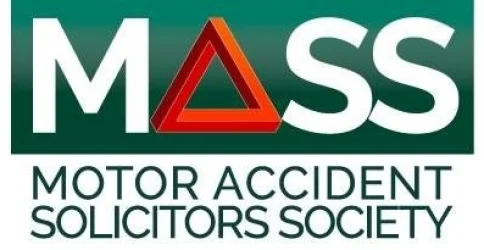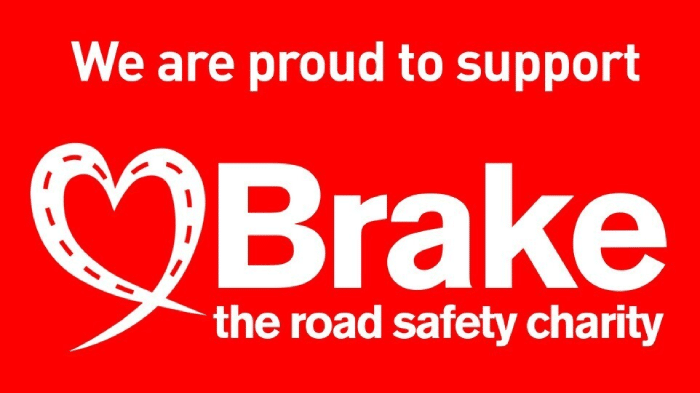There are lots of challenges when it comes to winter driving in Northern Ireland. It’s colder, darker and certainly icier this time of year. Even seasoned drivers run into problems that can ruin their day.
It shouldn’t be surprising that there’s usually an increase in accidents in the winter. In our latest blog, we explore the key reasons behind this increase and offer ways to help avoid common winter issues.
1. Icy Roads
Icy conditions, especially during those early morning hours, can make roads and pavements very difficult to drive on. It’s easy to lose control as your car’s tyres don’t have the necessary grip and your brakes don’t work as intended. Icy roads can lead to loss of control and sudden skidding. Black ice can be particularly dangerous as it’s hard to detect and very slippery.
You should always adjust your driving and speed to accommodate for these conditions. Remember that you should leave up to 10x the normal recommended gap between you and the car in front of you during these conditions. Additionally, make sure to drive slower than usual. It’s better to arrive a little later than intended than getting involved in a car accident.
2. Inadequate removal of ice & snow
You should always remove any ice and snow from your windscreen before driving. If you don’t, you’re not only likely breaking the law, but you’re also significantly limiting your visibility, putting yourself and others in danger.
It is best to take a few minutes to defrost your car and scrape off any snow before starting your journey. You should prepare ahead of time to have an ice-scraper or de-icer in your car ready to go whenever you need it.
3. Reflection on black ice and snow
Black ice not only creates problems due to its slippery nature but also due to its reflective qualities. Being blinded by these reflections may mean getting into an accident as you fail to spot another vehicle or person on the road.
It is always best to slow down and stop whenever you encounter reflections on the road. Snow and ice can reflect up to 80% of UV rays so it may be a good idea to wear sunglasses on particularly bright days in the winter.
4. Poor visibility
Snow and fog are common during the winter and they can easily obstruct your visibility when you’re driving. This can be compounded further if these conditions are seen at night.
It is best to slow down and maintain a safe distance between yourself and the vehicle in front of you. Under these conditions, it is better to give yourself extra time to anticipate whatever may be on the road.
5. Car condition
Winter can be a good time to make sure your car is in order to ensure that it is able to cope with the cold weather. Worn tyres, windshield wipers, and even brakes can be pushed to their limits under winter conditions so it is best to check in with a mechanic if you feel there’s been too much wear.
If you suffered an accident on the road that wasn’t your fault, learn more about what our solicitors can do for you or contact us today.













